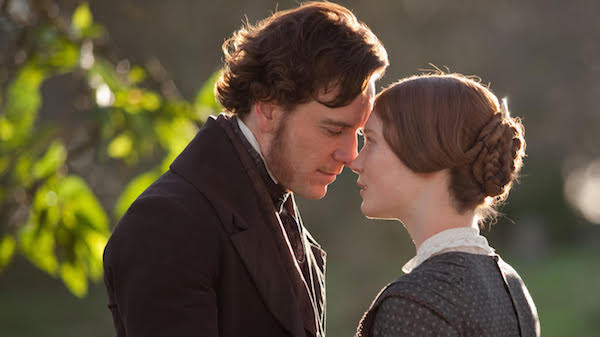 Today marks the 200th anniversary of the birth of Charlotte Brontë.
Today marks the 200th anniversary of the birth of Charlotte Brontë.
Born in Yorkshire, Brontë’s first published and best-known novel, Jane Eyre, was an instant bestseller in 1847 and has never been out of print.
This classic novel shocked its 19th-century audience with its undertone of sexual tension, destitution, madness and depiction of the harsh regime at an all-girls boarding school.
But Jane Eyre is much more than a Cinderella love story.
Charlotte Brontë allows her character, Jane, to go against the limitations of her time.
Charlotte was the third of the six children born to clergyman, Patrick Brontë, and his wife, Maria, who died when Charlotte was five.
That death was followed less than four years later by those of her two elder sisters, leaving Charlotte, her brother, Branwell, and sisters Emily and Anne living with their father at Haworth parsonage, on the edge of the Yorkshire moors.
She died on March 31st 1855, aged 38, three weeks before her 39th birthday.
In her engaging biography of Brontë, Claire Harman tells us of this young, progressive woman who expressed her frustration of a woman’s lot through her writing.
Harman also shows what a pioneering writer Charlotte actually was in “Jane Eyre”.
She describes how Charlotte had to suppress her own hopes because of Victorian society’s view of women.
She challenges these conventions in Jane Eyre with its themes of gender equality, identity and passionate, sexual women.
Writing for the BBC about the 200th anniversary, Harman said: “Jane Eyre ceases to be a distant Victorian classic, but a woman whose messages about equality and independence have yet to be taken on board properly.
Her famous speech to Rochester, “I am no bird, and no net ensnares me”, was never meant to be just a motto on a commemorative mug.
“….But there’s another kind of fire in Jane Eyre, too, of righteous anger, stringent morals and passionate advocacy. It’s the inflammatory nature of Jane’s ‘rebel slave’ outbursts against authority and rage at her own powerlessness that scandalised some of the novel’s first readers in 1847 and made them mark the book down as dangerously subversive.
“In an age which claims to have solved certain issues such as equal rights and promotes ’empowerment’ through striptease, Jane Eyre reproaches our complacency about social and sexual politics on almost every page”.
Harman goes on to say that Jane Eyre will never lose its power to disturb people.
Claire Harman’s Charlotte Brontë: A Life is out now in paperback, published by Penguin Books.
Quotes from Jane Eyre:
*Women are supposed to be very calm generally: but women feel just as men feel.”
* “Do you think, because I am poor, obscure, plain, and little, I am soulless and heartless? You think wrong! — I have as much soul as you — and full as much heart.”
* “I am no bird; and no net ensnares me; I am a free human being, with an independent will; which I now exert to leave you.”
* “I ask you to pass through life at my side—to be my second self, and best earthly companion.”
* “Reader, I married him.”

Jane Eyre has been adapted in TV and big screen movies.
Mia Wasikowska and Michael Fassbender are pictured in the 2011 movie







